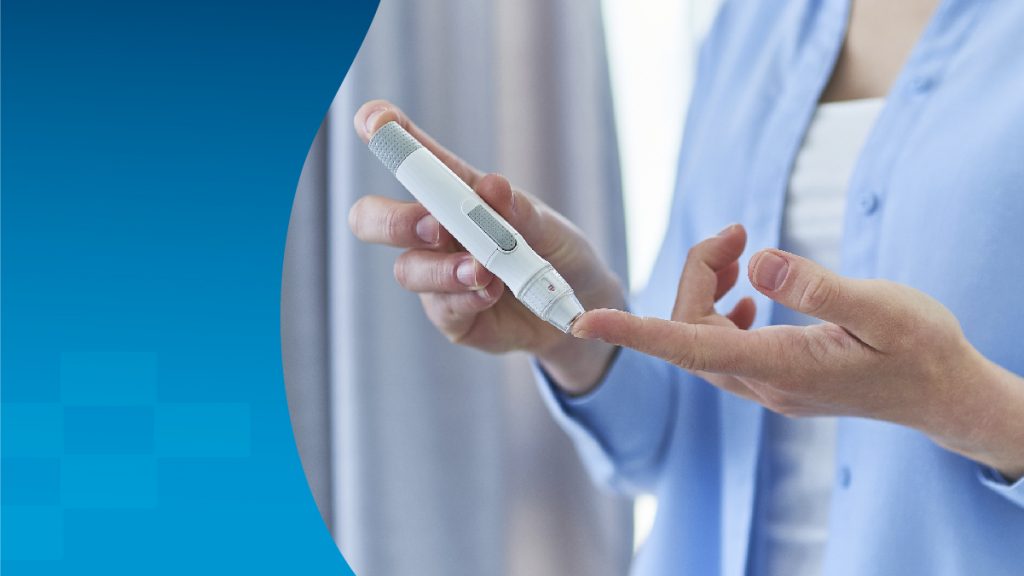Diabetes
Diabetes
Diabetes is a chronic (long-lasting) health condition that affects how your body turns food into energy.
Your body breaks down most of the food you eat into sugar (glucose) and releases it into your bloodstream. When your blood sugar goes up, it signals your pancreas to release insulin. Insulin acts like a key to let the blood sugar into your body’s cells for use as energy.
With diabetes, your body doesn’t make enough insulin or can’t use it as well as it should. When there isn’t enough insulin or cells stop responding to insulin, too much blood sugar stays in your bloodstream. Over time, that can cause serious health problems, such as heart disease, vision loss, and kidney disease.
There isn’t a cure yet for diabetes, but losing weight, eating healthy food, and being active can really help. Other things you can do to help:
- Take medicine as prescribed.
- Get diabetes self-management education and support.
- Make and keep health care appointments.

SEND US A MESSAGE
Frequently Asked Questions.
A clinical research trial is a scientific research aimed at testing the efficacy and safety of an investigational/experimental drug, medical device or any set of procedures which claims to improve a disease or a medical condition. The research also establishes the quantity of drug needed, any side effects, potential benefits and risks associated with its use. The US Food and Drug Administration (FDA) evaluates the results of such trials before approving any medication for general use in the United States.
When considering participating in a trial, discuss it with your doctor and the clinical research team. You may want to fully understand following before consenting to be a part of the trial:
- The objectives of study
- Potential benefits, risks or discomfort associated with the trial
- Duration of the trial
- Travel and Time commitments
- Any medical tests that you may require
- Any previous experience of people who have undertaken the trial.
- Your medical assistance requirements
- Any treatment alternatives if you choose not to participate in the study
